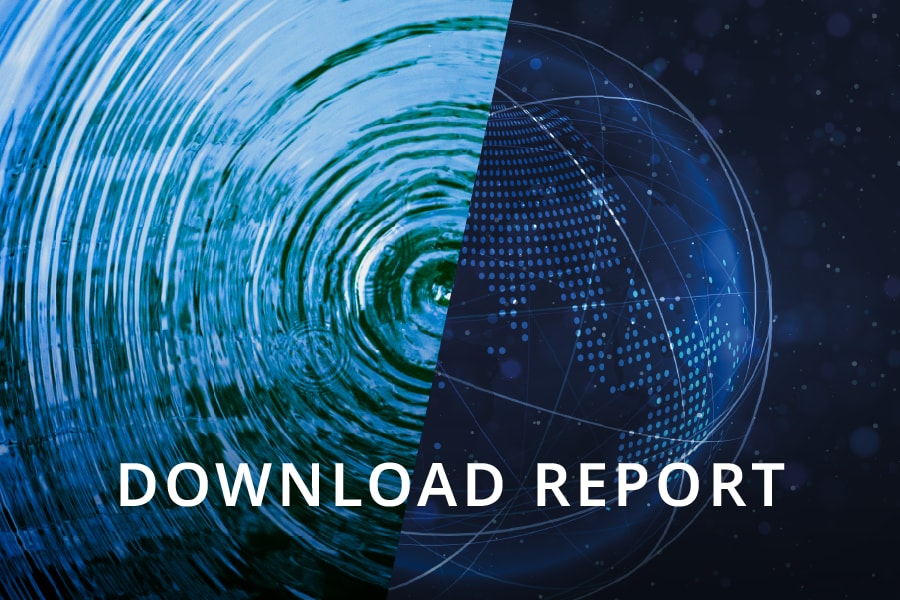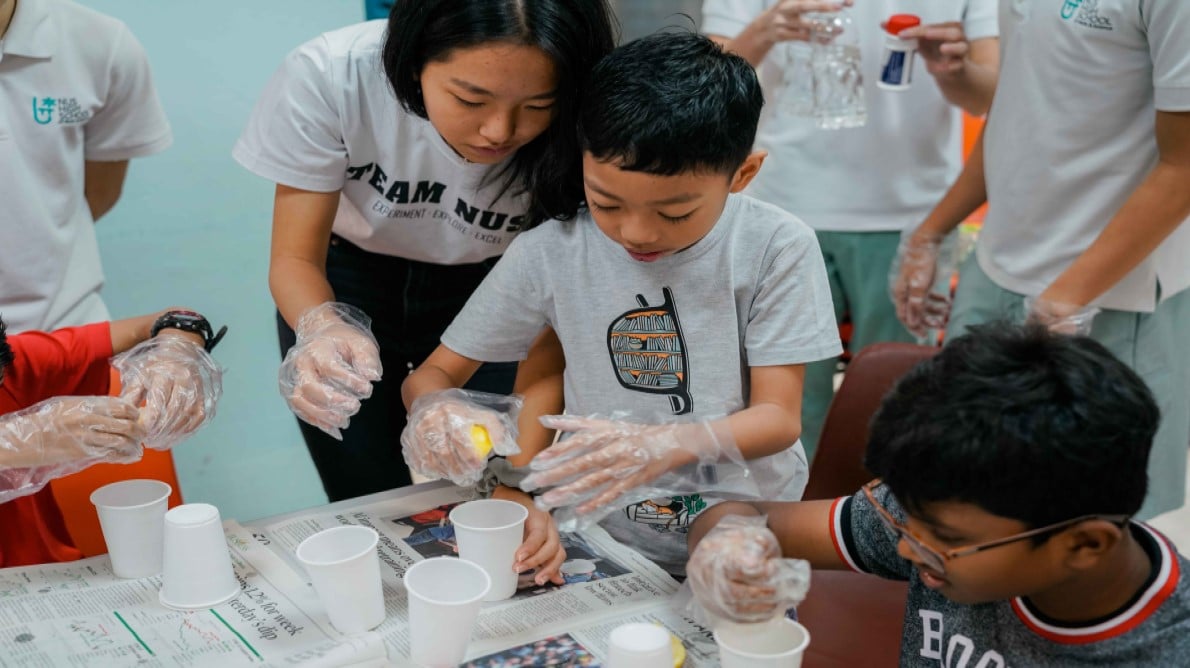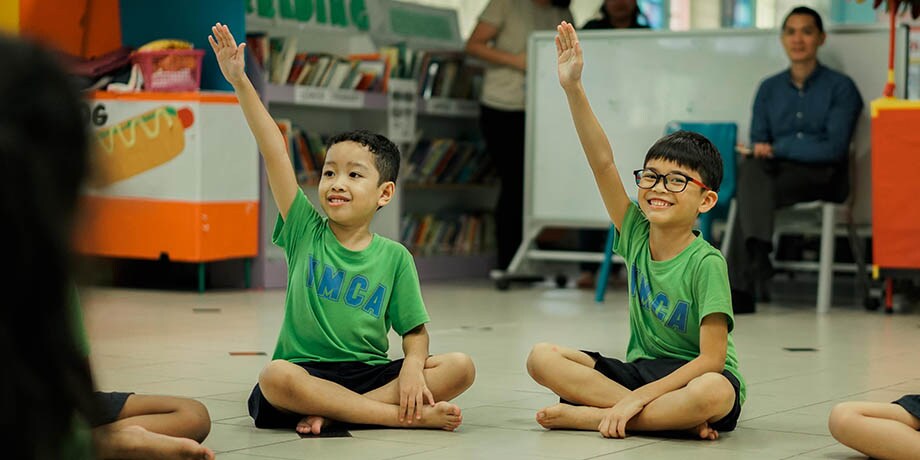Making a Difference through Mathematics and Science — Temasek
Making a Difference through Mathematics and Science
How much can a student really do to help the community? Yam Hong Meng, a Year 5 student at NUS High School of Mathematics and Science and a participant of the NUS High School Humanitarian Education (HE) programme, shares how the programme — supported by Temasek Foundation — enabled him and his classmates to make a difference in the community.
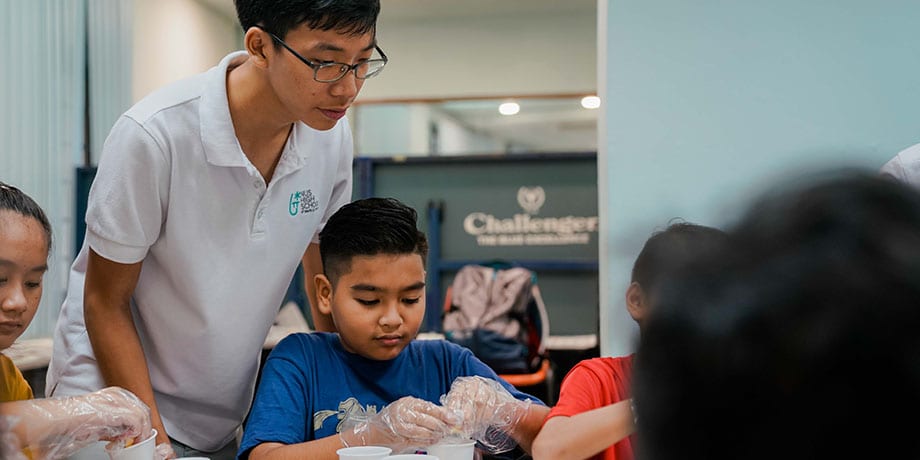
Yam Hong Meng, a participant of the NUS High School Humanitarian Education (HE) programme, which is supported by Temasek Foundation, teaches children about acids and bases.
When I first enrolled in the NUS High School Humanitarian Education (HE) programme, I was somewhat lost and unsure of how we could make a difference in people’s lives. My classmates and I were brought to a few different voluntary welfare organisations. One of these was the Loving Heart Multi-service Centre in Jurong, where we interacted with the centre manager. He shared with us his life experiences in the social sector, crucial needs faced by the community and how Loving Heart works to address them.
One key issue that really resonated with us was how the less fortunate, especially the children, lack access to engaging and enriching activities during the school holidays.
My team and I decided to plan and create a fun yet meaningful camp for these students during the September holidays. We wanted to provide them with some exposure and the opportunity to learn and develop an interest in the areas of science, English and computing — and through this, encourage their spirit of learning.
To do so, we sought to integrate basic concepts across these disciplines into workshops, sparking their interest and increasing their knowledge through experiential and interactive learning. A key challenge we faced was ensuring that our workshops could cater to a wide spectrum of ages, with students ranging from eight to 14 years old. It was tough to plan workshops that were simple enough for younger participants to understand, while still having sufficient depth for older ones to be engaged.
Each of us took charge of and crafted a relevant activity. For example, I organised a terrarium-building workshop as this would allow participants to have a hands-on experience, and witness the beauty of science, while giving them a memento to bring home too. Others in our team chose to focus on coding, using the popular sandbox video game Minecraft to teach the students how to code; my teammates thought that gamifying the activity would make coding more interesting to the students.
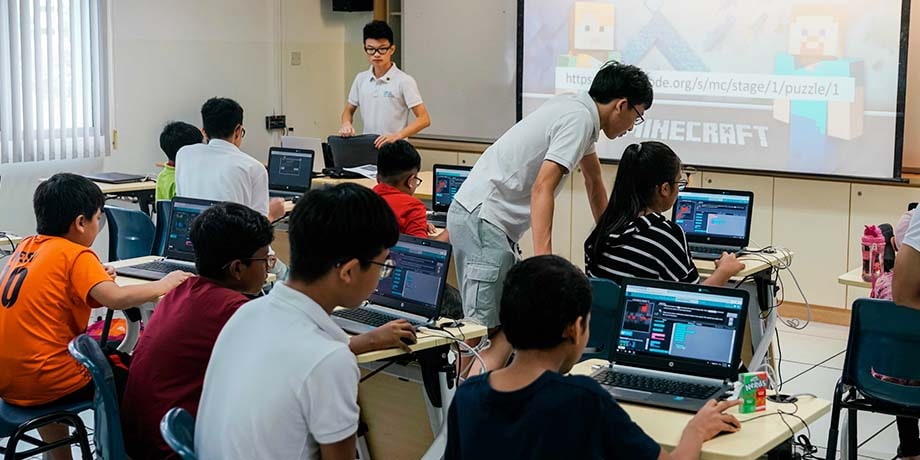
Participants of the HE programme teaching students how to code through the use of Minecraft.
Meeting the youngsters was a memorable experience. I think we learnt as much from them as they learnt from us. One thing I greatly admired was their undying optimism and resilience. No matter how many times they failed, they never gave up. I remember in a workshop where we taught the students how to use cabbage as a natural pH indicator, one of them spilt the purple cabbage indicator solution he had painstakingly prepared all over the table and even on himself. Instead of feeling sad, he just smiled at me and asked for more reagents to try again. And that really stayed with me. When we face failure in our lives, perhaps we should adopt this attitude and just try again, instead of complaining or being irritated.
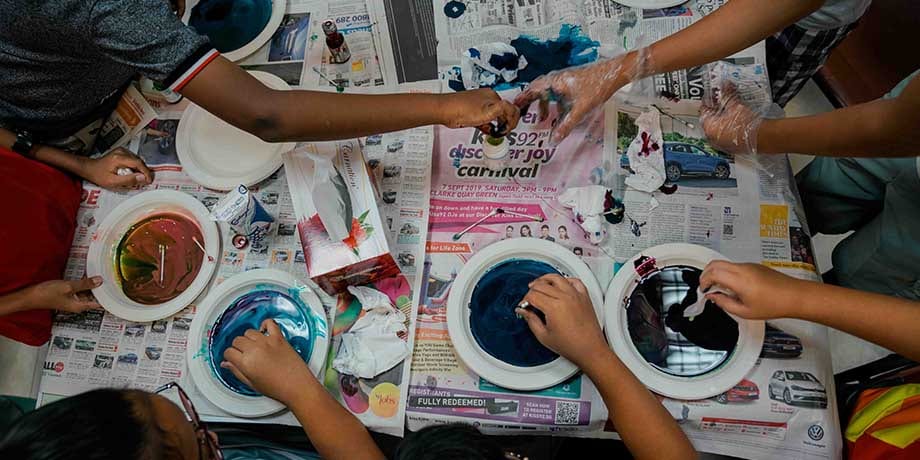
Their sense of wonderment also made me reflect on my education journey thus far. Seeing their burning curiosity and desire to find out more really inspired me to learn more and to help others in their journey as well.
The HE programme was a long but enriching journey, fraught with challenges and learning opportunities. We learnt various life skills, like planning and communication, and gained exposure to different social groups. At its core, however, the programme is about understanding people, the challenges they face and how we can each make a difference. In the end, the smiles on their faces and the bonds that we built made the hard work all worth it. We may not have done a lot, but every little change matters and I’m glad that we’ve made a difference.
About the NUS High School Humanitarian Education Programme
Brought about by the Tay Eng Soon Endowment managed by Temasek Foundation, the Humanitarian Education (HE) programme is designed to nurture well-rounded learners who will contribute to the community.
Piloted by NUS High School of Mathematics and Science, this six-year programme encourages students to gain a better understanding of the needs and challenges of diverse communities. With this knowledge, they are then empowered to ideate solutions, leveraging on their talents in STEM (Science, Technology, Engineering and Mathematics). The programme equips the students with effective communication, thinking and community-building skills. Students take charge to reach out to organisations within the community, such as community centres and voluntary welfare organisations, to uncover needs, prototype ideas and organise suitable activities to meet these needs.
More information on Temasek Foundation on the Tay Eng Soon Endowment here.
